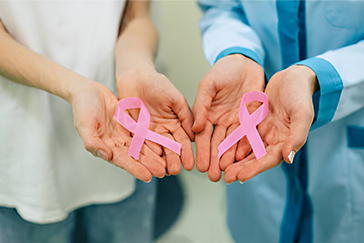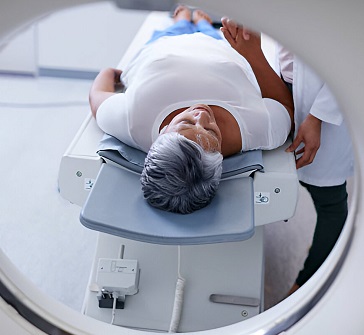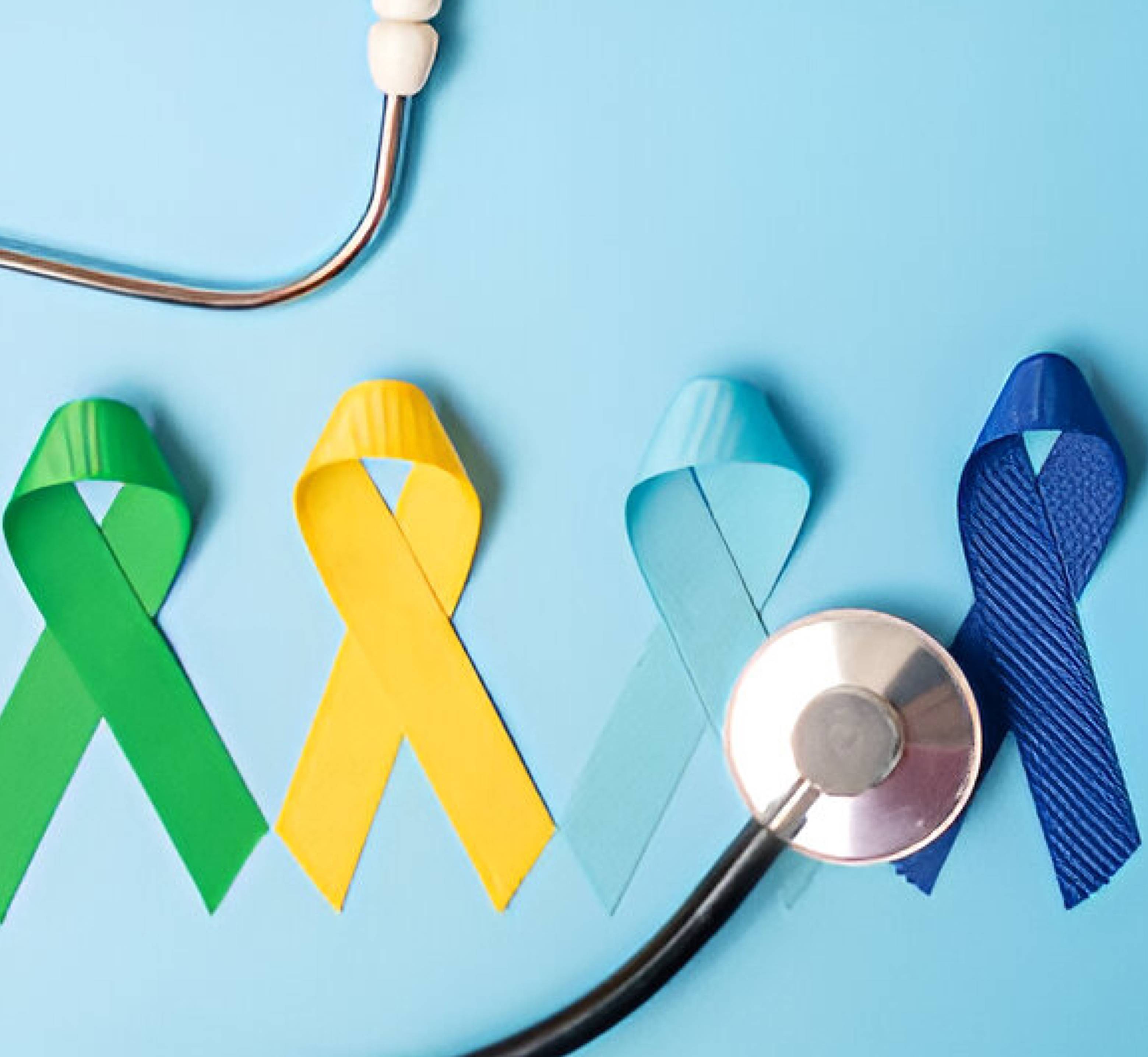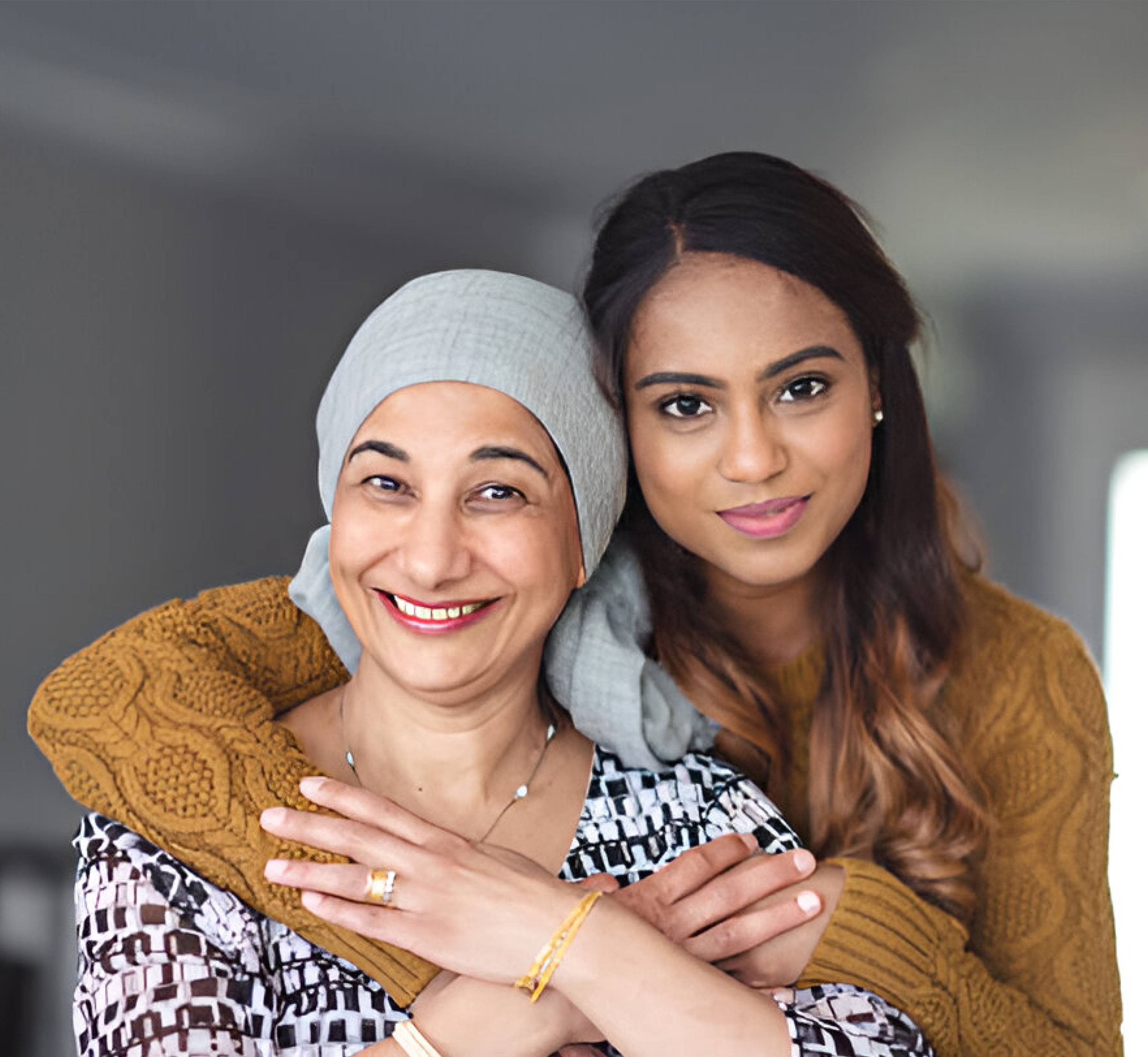 Book Appt.
Book Appt.
 Call Now
Call Now


Childhood cancer, often known as pediatric cancer, is a type of cancer that affects children (infants to age 14) and teens (ages 15 to 19). Childhood cancer is uncommon, but when it does occur, it has a significant impact on the lives of the affected children, their parents, and carers. More than 80% of children and teens survived five years after receiving a cancer diagnosis, thanks to innovative treatments customized to their specific requirements. However, childhood cancer treatment casts a lengthy shadow. Survivors of childhood cancer are more likely to develop secondary malignancies and other medical disorders.
Childhood malignancies are classified into three types: leukaemia and lymphoma, brain tumors, and solid tumors. The American Cancer Society predicts that 415 out of every 1 million children and teenagers will be diagnosed with one of these malignancies by 2023.
Symptoms
Many childhood cancer symptoms may resemble those of common childhood ailments. Most youngsters get headaches, stomachaches, and bruising. In general, any symptom that persists or appears to worsen should be discussed with your child's healthcare professional.
Causes
Experts may not know the specific origin of juvenile cancer, but they have established some suggestions that could assist in improving treatment. Cancer occurs when genes are mutated, resulting in aberrant cells. Adults experience mutations or changes as a result of the aging process and exposure to carcinogens such as tobacco, UV light from the sun, or occupational toxins.
Diagnosis and Tests
Healthcare practitioners may employ a variety of tests to detect cancer, depending on your child's age, overall health, and symptoms. Childhood cancer testing may include blood tests, biopsy, bone marrow biopsy and aspiration, lumbar puncture, ultrasound, CT scan (computed tomography scan), MRI (magnetic resonance imaging), PET scan (positron emission tomography scan), and tests that reveal my child has cancer.
When discussing cancer with your child, experts recommend that you be upfront and honest. These will be difficult conversations, but doctors feel that children with cancer benefit from understanding what is wrong and what is being done to assist them. Older children and teenagers usually understand simple explanations. If your child is young, ask their child's life specialist for advice on how to discuss cancer with them.
Management and Treatment
Cancer treatment for children and adolescents is frequently distinct from that for adults. Pediatric oncologists are medical professionals that specialize in diagnosing and treating children's cancer. Your child's pediatric oncologist will create a treatment plan based on their age, the type of cancer they have, whether the illness was detected early, and any treatment side effects. Chemotherapy, radiation therapy, stem cell (bone marrow) transplantation, surgery, and immunotherapy are all commonly used treatments for juvenile cancer.
As a parent or caregiver, you must give informed consent for any treatment your child receives. (Children and adolescents have a say in this, and teens aged 17 to 19 can consent to therapy.) Take your time learning about how treatment can benefit your kid, as well as the potential side effects and consequences. Knowledge is power when it comes to treating juvenile cancer. Understanding treatment goals and side effects will help you communicate with your kid about what happens after their diagnosis.
Side effects
All cancer treatments include side effects, although they differ depending on the therapy type and strategy. Regardless of treatment, you may want to think about palliative care. Palliative care can help alleviate your child's discomfort and treat adverse effects. A palliative care team can also explain your child's treatment options and connect you with support groups.
Prevention
No, it cannot. Healthcare practitioners and medical researchers don't know exactly what causes pediatric cancers, so it's difficult to suggest what you can do to prevent your child from developing cancer. They are aware that certain inherited illnesses raise the chance of cancer. In such cases, physicians may recommend early cancer screening to detect early malignancies.
Conclusion
Pediatric cancer develops as a result of a complex interaction of variables, including inherited and random genetic alterations. Unlike adult malignancies, which are frequently associated with lifestyle or environmental factors, children's cancers are caused primarily by genetic predispositions, immunological deficiencies, virus infections, and, in certain circumstances, environmental exposures such as radiation.
SHALBY Sanar International Hospitals provides extensive medical procedures backed up with our state-of-the-art technology and a team of highly qualified & experienced clinical experts.

Grade 2 Endometrium Cancer | Ms. Robiyakhon | Uzbekistan | Dr. Archit Pandit | SHALBY Sanar

Male Breast Cancer Recovery Story | Dr. Archit Pandit | Cameroon | SHALBY Sanar

Ms. Nafisa’s Inspiring Breast Cancer Recovery | Dr. Archit Pandit | Uzbekistan | SHALBY Sanar International Hospitals

Stage4 colon cancer is curable - Colon cancer with liver metastasis | Kenya | Dr Archit Pandit

Patient from Kenya Treated by Dr. Archit Pandit | SHALBY Sanar International Hospitals

Double Cancer Victory: Mrs. Salma Kapoor's Inspiring Recovery Story | Dr. Archit Pandit

Patient from Uzbekistan Treated by Dr. Archit Pandit | SHALBY Sanar International Hospitals

Patient from Uzbekistan Treated by Dr. Archit Pandit | SHALBY Sanar International Hospitals

Successful Carcinoma Buccal Mucosa Surgery of a Patient from Nigeria by Dr. Archit Pandit

Successful Colon Cancer Surgery of Mr. Faraidun Kaka Bra Amin Amin's from Iraq | Dr Archit Pandit

Miraculous Recovery of a patient from Uzbekistan battling Ovarian Cancer | Dr. Archit Pandit

Successful Cancer Detection & Surgery by Dr. Archit Pandit | SHALBY SHALBY Sanar International Hospitals

Successful Colon Cancer Treatment of a patient from Iraq by Dr Archit Pandit | Surgical Oncology

Successful Glottis Mass & Carcinoma Vocal Cord Treatment of a patient from Iraq by Dr Archit Pandit

Successful Stage 4 Colon Cancer Treatment of a patient from Kenya by Dr Archit Pandit

Surviving the Odds: 56-Year-Old's Journey with Recurrent Carcinoma Vocal Cord | Dr. Archit Pandit

Surviving Recto-Sigmoid Cancer: Mr. Syamand Ahmed's Inspiring Journey

Success Story: Iraqi Patient's Liver Tumour Treatment at SHALBY Sanar International Hospitals

Cytoreductive Surgery Success: Iraqi Patient's 30cm Ovarian Tumor Removed Safely

Beating Liver Cancer: Mr. Abdirashid's Inspiring Story

Ms. Nejood's Success Over Pancreatic Cancer: A Remarkable Journey

Transforming Smiles: Revolutionary Buccal Commando Procedure

Wide Local Excision Surgery & Microvascular Reconstruction of a Cancer patient

Successful Surgery of Esophgeal Cancer

Successful Lung Cancer Surgery of Ms. Jerioth Wanjiru from Kenya

Para Thyroidectomy on Pt Jawad Kadhim Tweli from Iraq

Dr Archit Pandit discusses the fascinating case of Geeta Rani
Our doctors pen down their research findings and experiences from time to time. Their words provide deep insight into the latest techniques, technologies and other advancements in healthcare. It provides expert answers to all kinds of health questions for real-life issues.
VIEW ALL




Since the day of its foundation, SHALBY Sanar International Hospitals is committed to provide comprehensive healthcare services. It regularly organizes awareness programs in its premises and encourages outdoor healthcare activities and camps with an intent to put focus on preventive healthcare.
VIEW ALL